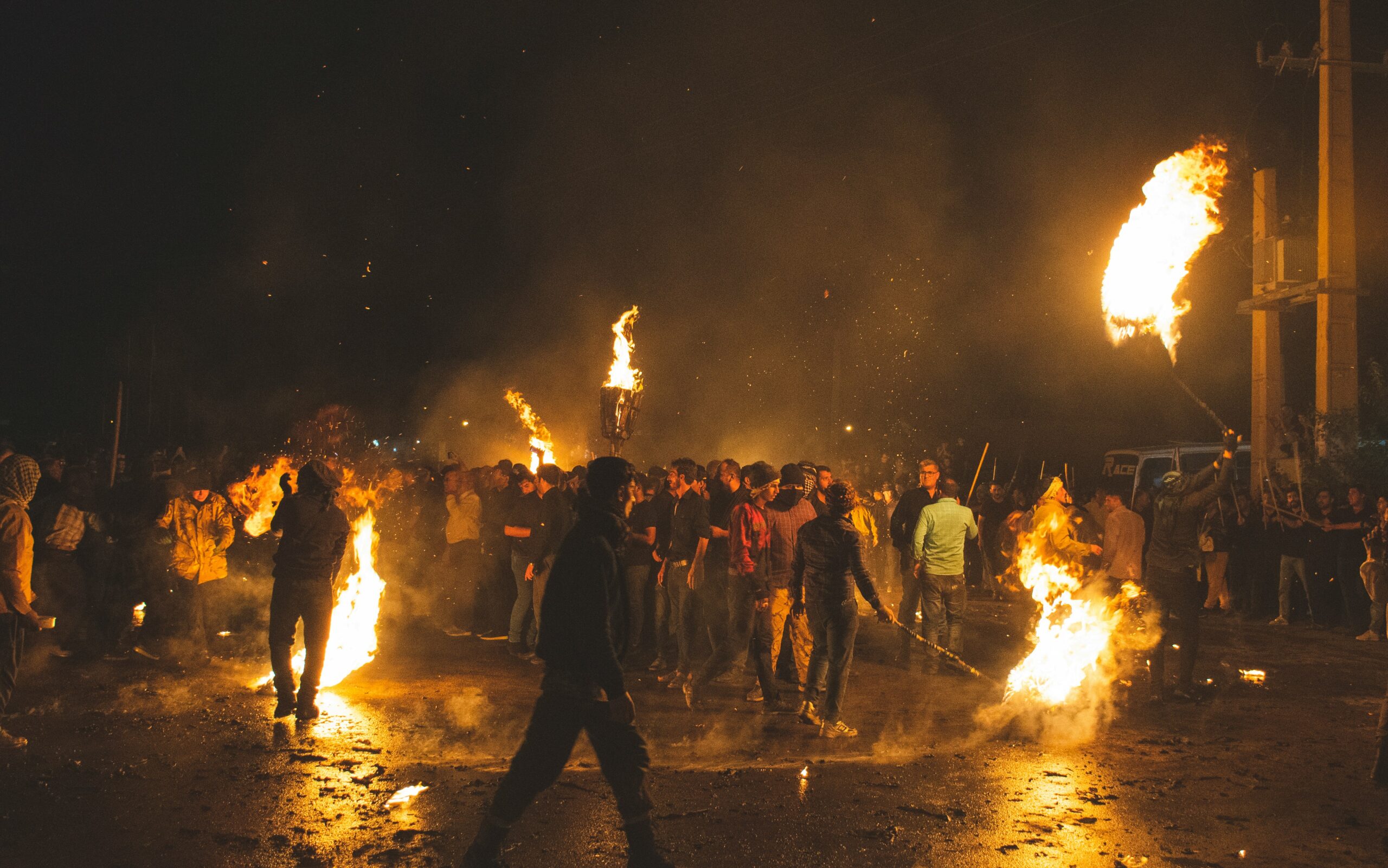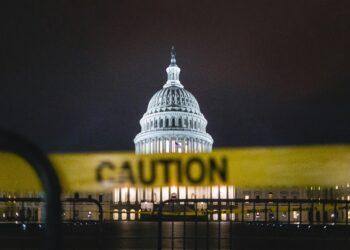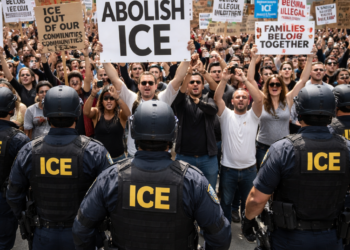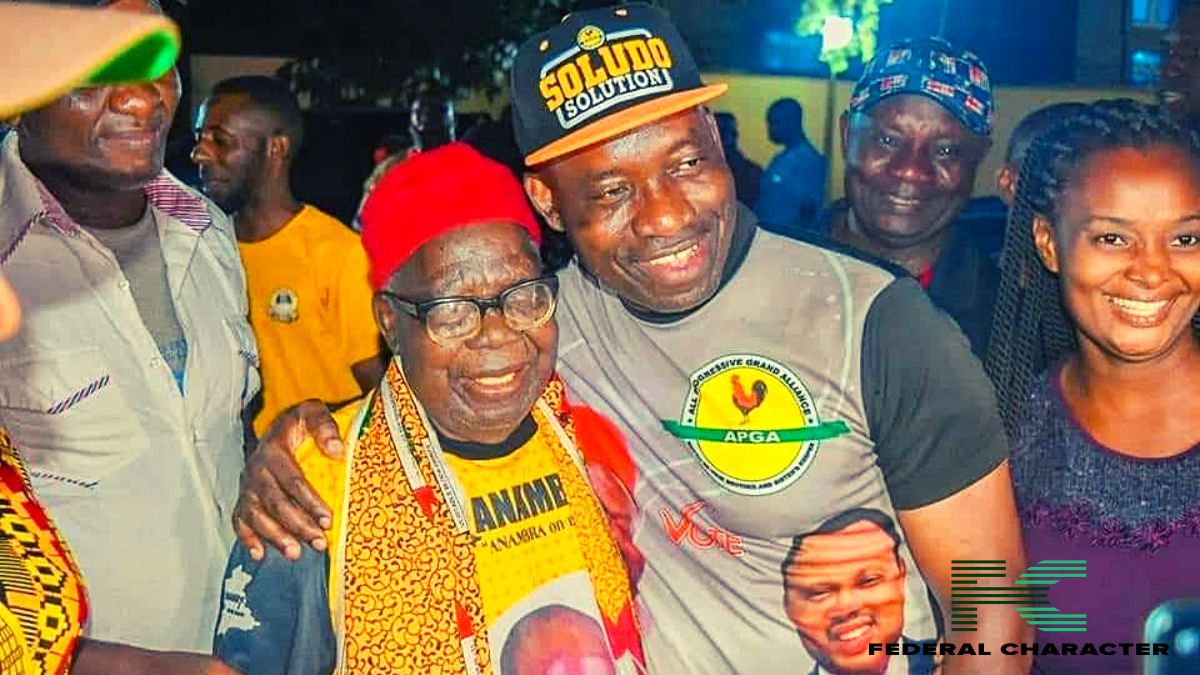Morocco is currently enduring its most significant test of social stability since the Arab Spring, but this time the spark is is the brutal consequence of structural inequality delivered by an internet-native generation.
The clashes rocking cities like Oujda and Rabat are not mere riots; they are a furious rejection of the government’s misplaced priorities, perfectly encapsulated by the searing protest sign: “At least the FIFA stadium will have a first aid kit! Our hospitals don’t.”
This is the New Arab Street, weaponised by social media. The GenZ 212 movement is a powerful, decentralised, and leaderless collective operating primarily on platforms like TikTok and Discord. Unlike traditional political or union-led movements, its anonymity and organic spread make it difficult for the state to co-opt or decapitate.

This tactic mirrors the successful 2025 youth uprisings in Nepal and Madagascar, where similar frustrations over high youth unemployment (at 35.8% in Morocco) and the decay of essential public services quickly escalated to force political concessions. The resignation of Nepal’s prime minister and the dissolution of Madagascar’s government are not just faraway headlines; they are potent motivational precedents for Moroccan youth.
The core grievance is a betrayal of the social contract. How can the Kingdom pour billions into an extravagant bid to co-host the 2030 FIFA World Cup, while tragic incidents (like the reported deaths of pregnant women in an Agadir hospital) expose a chronically underfunded, fragile healthcare system? Morocco’s investment in spectacle over citizens is an ethical failure that has now become a dangerous political vulnerability.
The government’s response, praising the “balanced reaction of security authorities,” while the Moroccan Association for Human Rights (AMDH) reports arbitrary arrests and physical assaults, is a dangerously defensive narrative that only fuels the cynicism of a generation desperate for accountability and social justice. The heavy-handed crackdown on protestors, even if they have expressed “regret over acts of rioting,” only affirms the protestors’ conviction that the system is fundamentally repressive.
Why It Matters
The government’s current offer of vague “dialogue” within existing institutions is an insufficient, tone-deaf response to a crisis born of institutional failure. To secure long-term stability and genuinely address the demands of GenZ 212, the government must first, transparently and publicly audit all planned 2030 FIFA World Cup spending, freezing non-essential construction and reallocating a minimum of 50% of the funds earmarked for stadium renovation/construction towards public health and education infrastructure—specifically in underserved regions.
Fast-track legislative reforms to enshrine guaranteed quality public health and education as non-negotiable, immediately justiciable rights, backed by fixed minimum budgetary allocations, thus ending the arbitrary prioritisation of grand projects. These are some of the single most important symbolic and practical step to rebuild trust.

















